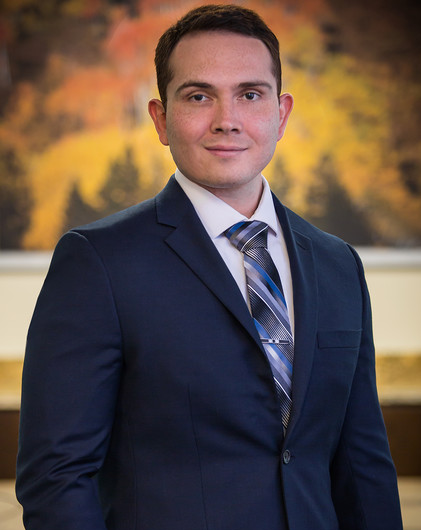Court Abates Lawsuit Due to Insured's Failure to Comply with EUO Provision of the Policy
In a dispute over a first-party insurance claim arising out of Winter Storm Uri, Phelps successfully moved to abate the litigation and enforce the insurance policy’s requirement that the insured, HB Park Apts LLC (HB Park), submit to an examination under oath (EUO) prior to filing suit.
The Eastern District of Texas held that abatement is proper because the insurer, State Automobile Mutual Insurance Company (State Auto), requested an EUO prior to making a claim determination and prior to the insured filing suit.
HB Park alleged its apartment complex sustained water damage from leaking pipes because of Winter Storm Uri in February 2021. After receiving notice of the claim, State Auto requested HB Park provide a sworn statement of proof of loss in addition to documents that would assist in its claim evaluation, reserving its right to request HB Park’s EUO. In response, HB Park provided some, but not all, of the documents State Auto requested. After several additional requests for the same information, State Auto asked HB Park to submit to an EUO pursuant to the terms of the Policy. This request came four months after HB Park submitted an incomplete proof of loss form without the supporting documentation State Auto requested. HB Park refused State Auto’s request and filed suit instead. On behalf of State Auto, Phelps filed a motion to abate the action until HB Park submitted to an EUO.
The policy at issue obligated HB Park to submit to an EUO upon State Auto’s request at such time as may be reasonably required. The policy’s “Legal Action Against Us” clause made compliance with all the policy’s terms a condition precedent to suit against State Auto. In response to Phelps’ motion, HB Park argued that the request for the EUO was untimely under the policy’s terms. HB Park’s argument was based on the policy’s claim handling provision, which required State Auto to provide notification that more information was necessary within 15 business days after State Auto receives the proof of loss and all information it requested. The Eastern District of Texas found HB Park’s arguments unavailing because, even if the request for an EUO was a “notification that more information is necessary,” the 15-business-day-deadline was only triggered after State Auto received “all information” State Auto requested.
The court agreed that Phelps’ motion demonstrated State Auto requested documents to help in its claim evaluation which HB Park failed to provide. HB Park further argued that the documents State Auto requested were not probative of its insurance claim. The court, however, found that Phelps’ briefing thoroughly explained how the documents State Auto requested were relevant to the claim evaluation.
HB Park also cited In re Cypress Tex. Lloyds, which upheld a district court’s refusal to abate a case where the insurer requested an examination after litigation had been filed. However, the Eastern District of Texas found that Phelps’ briefing correctly distinguished the facts of Cypress Tex. Lloyds. In contrast to Cypress Tex. Lloyds, State Auto had not yet made a claim determination and had requested an EUO before HB Park filed suit. The court similarly rejected HB Park’s argument that a deposition obviates the need for an EUO, citing to multiple federal district court decisions rejecting this proposition.
The court abated the case until HB Park submitted to an EUO, enforcing Phelps’ demand for same based on a plain reading of the policy’s terms. Significantly, the court’s decision effectively halted any cause of action HB Park may have, whether for breach of contract or violation of the Texas Insurance Code, until HB Park complies with its duties under the policy and submit to the EUO. The court’s decision will also likely reduce the amount of HB Park’s potential recovery for attorneys’ fees and interest in the event it ultimately prevails at trial.
The Phelps team was led by Houston partner Clinton Wolbert and Dallas/Fort Worth associate William de los Santos.



